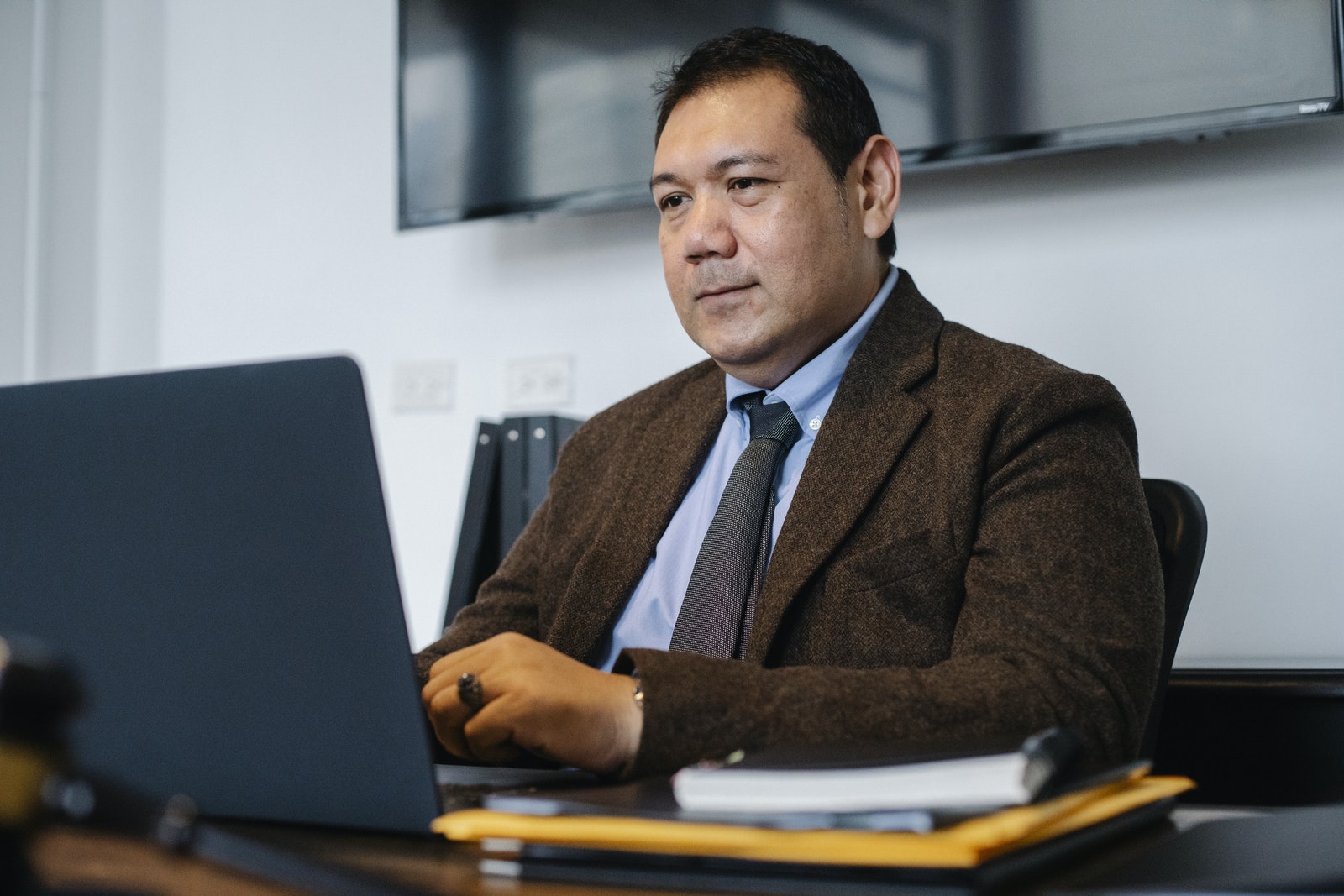Expect The Unexpected: Leadership building in the midst of real life
Oscar Wilde taught us to ‘expect the unexpected,’ and while we will say this phrase a lot, we don’t always think about what it means to truly not be surprised by an unusual event. Now this may seem straight forward, but let’s look deeper. I see unexpected events as key points in leadership building. To not be surprised by an unusual event could mean you anticipate it. Or, what I mean is that instead of reacting, you pause, consider the meaning and get curious. This is what I mean by leadership building in the midst of real life.
How You React To The Unexpected
If we were building leadership in a perfect world, we could anticipate and not be surprised by unusual events. But, have you ever tried that? And, who lives in a perfect world? Everyone gets caught up in emotions that can cause us to take things personally, or at best, apply our meaning and react in the moment. And, it’s exactly these reactions that become habits over time and what we work with clients to change to build their leadership ability and impact.
Applying Meaning To Situations
The key here is the meaning we apply to what happens. You see, we each have our own unique experiences and filters through which we apply meaning. Consider the word conflict for a moment. Some people will apply a bad meaning and avoid it like the plague. Others, who have experienced conflict in a positive way, apply a good meaning and outcome to conflict and welcome it. This is a dance seen every day at work and in real life: one person pulling away from conflict, another leaning in. If you’ve ever tried to dance with someone whose pulling away, you know it doesn’t work! You both have to meet in the starting position, toe to toe.
The same is true with applying meaning. So often, we assume the meaning we apply to things that happen is the only meaning or the right meaning, because it’s ours. And yet, the other person (or people) in the situation are thinking the same thing, that their meaning is the right one. Here’s where the opportunity arises: it’s the leader that pauses and asks, “what do you mean by that?” or, “what does that mean to you?” who gains the understanding of the other person’s thoughts.
Opposite Perspectives
Once you understand the other person’s thoughts, you can choose the response you would like to use, instead of reacting to what happened or was said. For instance, consider the outcome you desire from the interaction and situation. If you desire that a team member takes ownership of the unexpected and finds a solution to it, ask the meaning question first, which illuminates their thoughts about it. This keeps you from getting emotionally drawn in and triggered into reacting. Then, consider getting curious, like you are looking at something new, because you are and helping them to do the same. Ask, “what can we learn from this?” Finally, to get them into ownership and resolution, “what do you think is the best solution?”
See, we think because we have ascended to a leadership position, that we have all the answers. And when something unexpected happens and we get emotionally triggered, we might react with assigning blame or telling team members how to fix it quickly, in a triage-type manner. However, this will actually bring the opposite outcome desired because team members despise being blamed for anything, don’t operate well even if they are to blame, and can come up with their own answers, when we help them to do so.
Look at the habit you create as a leader when something unexpected happens and you always come up with the answer for them. You will spend the rest of your life solving every problem, not creating any new leaders who will take on projects or solve problems on their own, nor will you be teaching them to think higher level. You will simply be reinforcing the behavior that they have to count on you to do the heavy lifting. This is the pattern that over time causes a leader to come to us that says, “I’m married to my job and the rest of my life has fallen apart.”
Now this is extreme, but all of us can relate to building this trajectory if we continue down this path.
Let me introduce a word that applies here called mutuality. It means to be able to listen to another person with no agenda, no pre-conceived notion of what they mean, and not thinking of what you will say next. And, not giving advice. Oh, that last one is tough! We want to help others and advice just pours out of us, unless we are actively working on this. So, by staying in mutuality and using the questions I’ve provided, you can build leadership in the midst of real life.
Hey, this also works really well with your spouse/partner/friend/family member. Give it a test-drive and see what happens.
